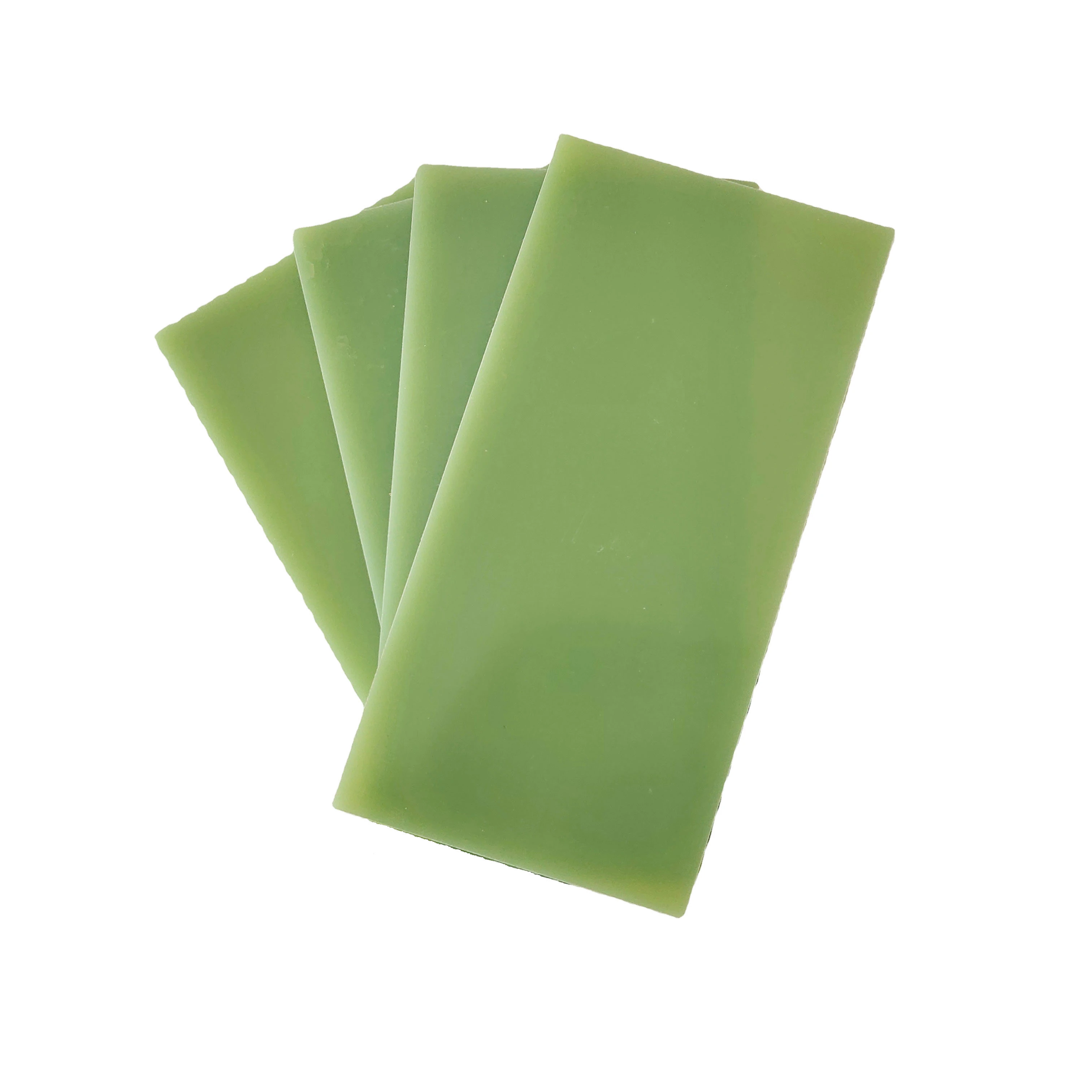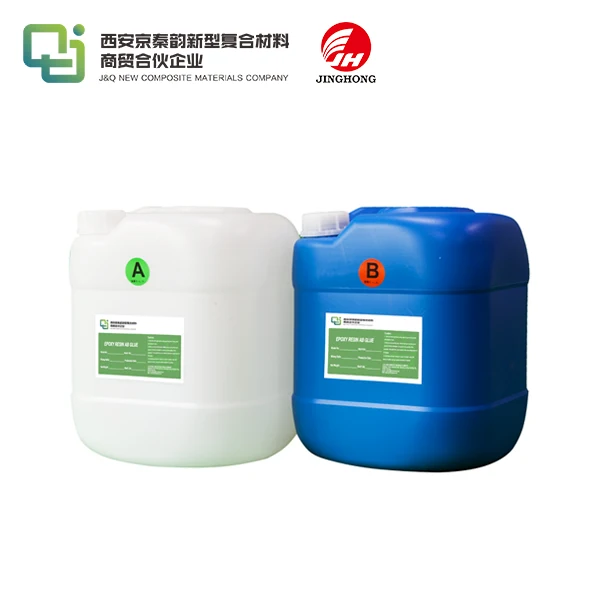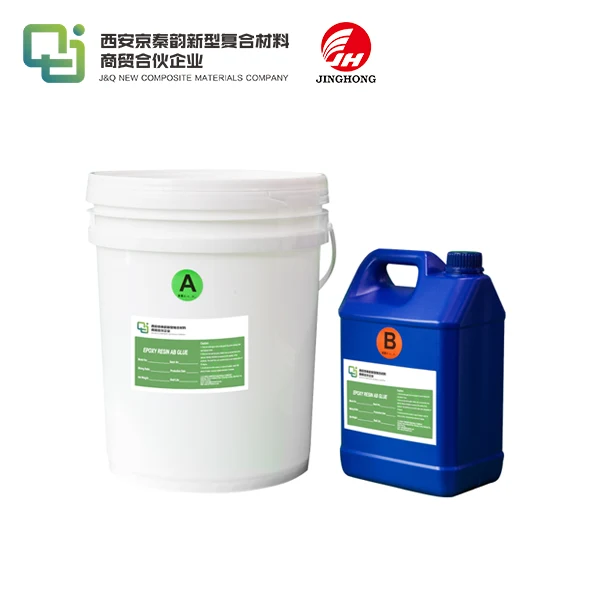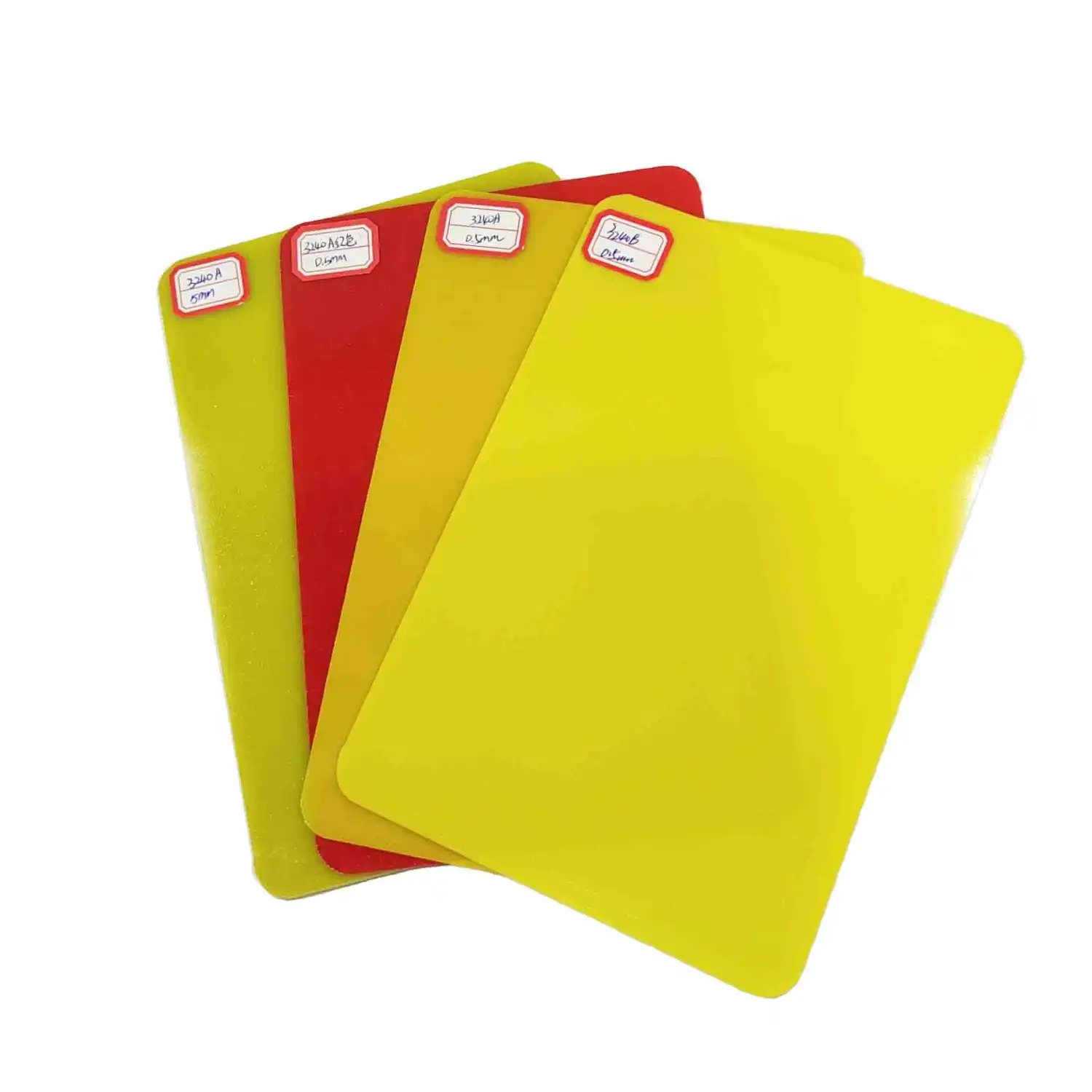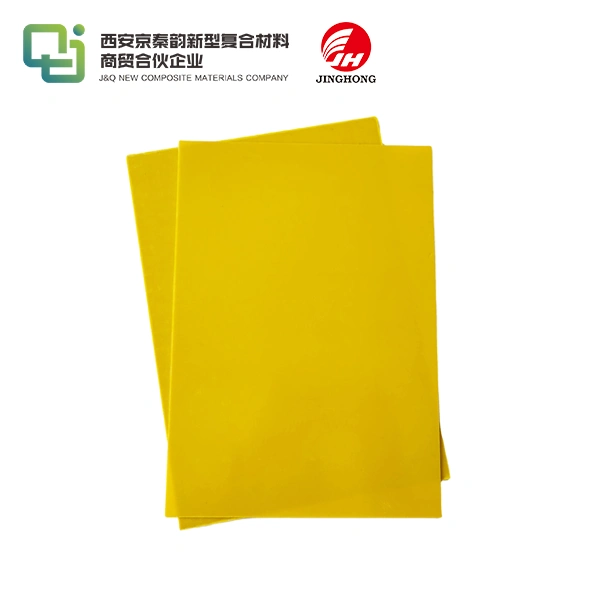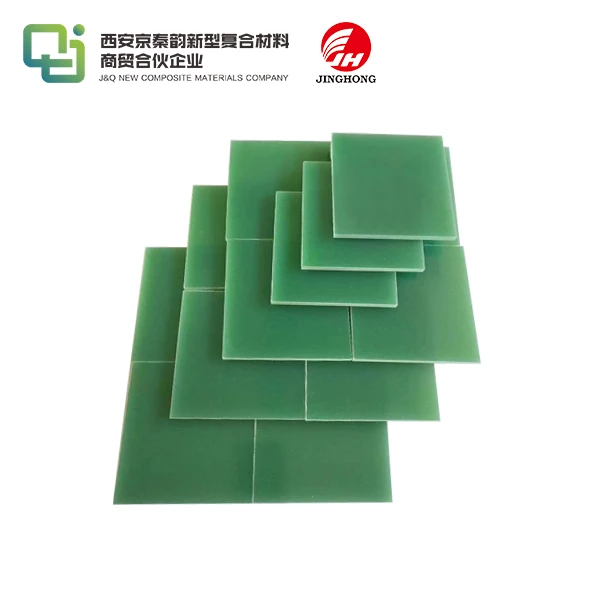Can Glass Epoxy Sheets Be Used for Electrical Insulation?
2025-04-27 17:13:17
Glass epoxy sheets are indeed excellent materials for electrical insulation purposes. These versatile composite materials combine the strength and durability of fiberglass with the insulating properties of epoxy resin, making them ideal for a wide range of electrical applications. Glass epoxy sheets offer high dielectric strength, low moisture absorption, and excellent thermal stability, which are crucial characteristics for effective electrical insulation. Their ability to maintain these properties under varying environmental conditions makes them a popular choice in industries such as electronics, aerospace, and automotive manufacturing. Whether used in circuit boards, transformers, or high-voltage equipment, glass epoxy sheets provide reliable insulation that helps prevent electrical failures and ensures the safe operation of electrical systems.
Properties of Glass Epoxy Sheets for Electrical Insulation
Dielectric Strength and Breakdown Voltage
Glass epoxy sheets exhibit remarkable dielectric strength, a critical property for electrical insulation materials. This characteristic measures the maximum electric field a material can withstand without experiencing electrical breakdown. The dielectric strength of glass epoxy sheets typically ranges from 20 to 40 kV/mm, depending on the specific composition and manufacturing process. This high dielectric strength ensures that the material can effectively prevent the flow of electric current between conductors, even under high voltage conditions.
The breakdown voltage of glass epoxy sheets is equally impressive. This parameter indicates the voltage at which the material's insulating properties fail, allowing current to pass through. Glass epoxy sheets can withstand voltages up to several thousand volts before breakdown occurs, making them suitable for use in high-voltage applications. The combination of high dielectric strength and breakdown voltage makes glass epoxy sheets an excellent choice for insulating critical electrical components and systems.
Thermal Conductivity and Heat Resistance
While glass epoxy sheets excel at electrical insulation, they also possess favorable thermal properties. The thermal conductivity of these materials is relatively low, typically ranging from 0.3 to 0.5 W/mK. This low thermal conductivity helps prevent heat transfer between electrical components, which is crucial in maintaining the integrity of insulation in high-temperature environments.
Glass epoxy sheets also demonstrate exceptional heat resistance. They can maintain their insulating properties and structural integrity at temperatures up to 130°C (266°F) for continuous operation, with some specialized grades capable of withstanding even higher temperatures for short periods. This heat resistance ensures that the insulation remains effective in applications where electrical components generate significant heat during operation.
Moisture Absorption and Chemical Resistance
One of the key advantages of glass epoxy sheets in electrical insulation is their low moisture absorption rate. Typically, these materials absorb less than 0.1% of their weight in water over a 24-hour period. This low moisture uptake is crucial for maintaining the insulating properties of the material, as water can significantly reduce dielectric strength and increase the risk of electrical breakdown.
Glass epoxy sheets also exhibit excellent chemical resistance, which is vital for preserving their insulating properties in harsh environments. They are resistant to a wide range of chemicals, including oils, solvents, and many acids. This chemical resistance ensures that the insulation remains effective even when exposed to potentially corrosive substances, making glass epoxy sheets suitable for use in diverse industrial applications.
Applications of Glass Epoxy Sheets in Electrical Systems
Printed Circuit Boards (PCBs)
One of the most prevalent applications of glass epoxy sheets in electrical systems is in the manufacturing of printed circuit boards (PCBs). The material, often referred to as FR-4 in this context, serves as the base substrate for PCBs. Its excellent electrical insulation properties, combined with high mechanical strength and dimensional stability, make it an ideal choice for this application.
In PCBs, glass epoxy sheets provide the necessary insulation between conductive layers, preventing short circuits and ensuring proper signal transmission. The material's low dielectric constant and loss tangent contribute to improved signal integrity, especially in high-frequency applications. Additionally, the heat resistance of glass epoxy sheets allows PCBs to withstand the high temperatures generated during soldering processes and component operation.
Transformer and Motor Insulation
Glass epoxy sheets play a crucial role in the insulation of transformers and electric motors. In transformers, these sheets are used to insulate the core and windings, preventing short circuits between different voltage levels. The high dielectric strength of glass epoxy sheets ensures effective insulation even in high-voltage transformers, while their heat resistance allows them to withstand the elevated temperatures often encountered in these devices.
In electric motors, glass epoxy sheets are utilized for slot insulation and phase separation. They provide a reliable barrier between the motor windings and the metal core, preventing electrical faults and extending the lifespan of the motor. The material's resistance to moisture and chemicals also makes it suitable for motors operating in challenging environmental conditions.
Switchgear and High-Voltage Equipment
The exceptional insulating properties of glass epoxy sheets make them invaluable in switchgear and high-voltage equipment. These materials are used to create insulating barriers between live parts, preventing arcing and ensuring safe operation. The high breakdown voltage of glass epoxy sheets allows them to withstand the extreme electrical stresses present in these applications.
In switchgear, glass epoxy sheets are often used to construct busbar supports, phase barriers, and insulating panels. Their mechanical strength and dimensional stability ensure that these components maintain their insulating properties even under the dynamic forces present in switchgear operations. For high-voltage equipment, such as circuit breakers and insulators, glass epoxy sheets provide reliable insulation that can withstand both electrical and environmental stresses over extended periods.
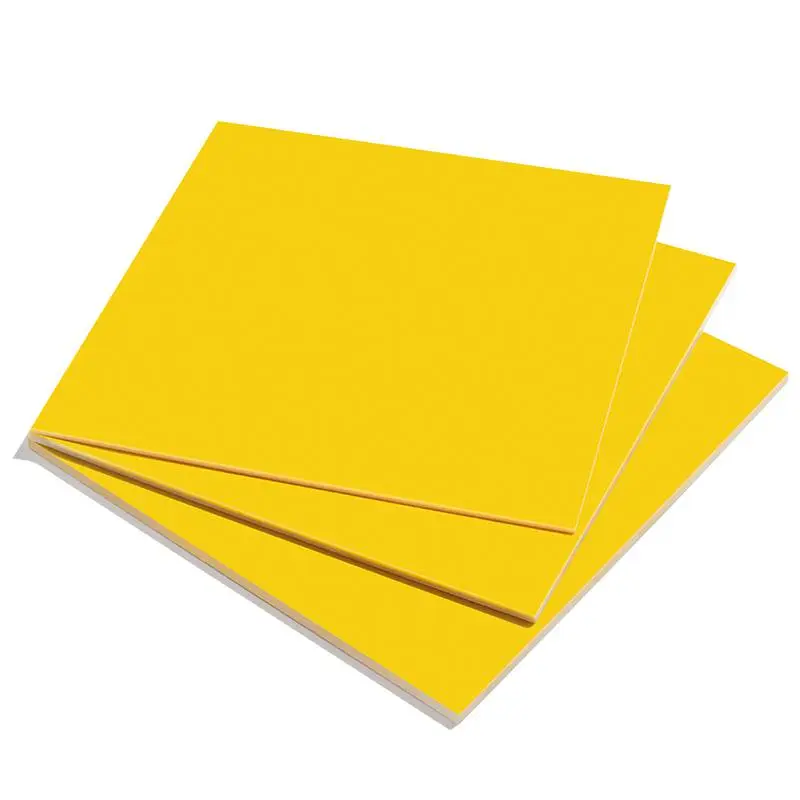
Advantages and Limitations of Glass Epoxy Sheets for Electrical Insulation
Mechanical Strength and Durability
Glass epoxy sheets boast exceptional mechanical strength, a characteristic that sets them apart from many other insulating materials. Their composite structure, combining glass fibers and epoxy resin, results in a material with high tensile strength, typically ranging from 200 to 400 MPa. This strength allows glass epoxy sheets to withstand significant mechanical stresses without compromising their insulating properties, making them suitable for applications where both electrical insulation and structural integrity are required.
The durability of glass epoxy sheets is equally impressive. These materials exhibit excellent resistance to fatigue and creep, maintaining their mechanical properties over extended periods of use. This durability translates to longer service life for electrical components and systems, reducing the need for frequent replacements and maintenance. However, it's worth noting that prolonged exposure to UV radiation can degrade the epoxy matrix over time, potentially affecting the material's long-term performance in outdoor applications.
Cost Considerations and Manufacturing Complexity
While glass epoxy sheets offer superior electrical and mechanical properties, they come at a higher cost compared to some alternative insulating materials. The raw materials and manufacturing processes required to produce high-quality glass epoxy sheets contribute to their relatively high price point. This cost factor may limit their use in applications where budget constraints are a primary concern, particularly for large-scale or low-cost consumer products.
The manufacturing process for glass epoxy sheets is more complex than that of some other insulating materials. It involves precise layering of glass fibers and epoxy resin, followed by careful curing under controlled temperature and pressure conditions. This complexity can lead to longer production times and higher manufacturing costs. However, the superior properties and performance of glass epoxy sheets often justify these additional expenses in critical electrical insulation applications.
Environmental Impact and Recyclability
The environmental impact of glass epoxy sheets is a consideration that has gained increasing attention in recent years. While these materials offer excellent durability and longevity, which can be seen as environmentally favorable due to reduced waste generation, their end-of-life disposal presents challenges. The composite nature of glass epoxy sheets makes them difficult to recycle using conventional methods.
Currently, most glass epoxy waste ends up in landfills or is incinerated. However, research is ongoing to develop more effective recycling methods for these materials. Some promising approaches include pyrolysis to recover glass fibers and chemical recycling to break down the epoxy matrix. As sustainability becomes an increasingly important factor in material selection, the development of efficient recycling processes for glass epoxy sheets could enhance their environmental profile and potentially lead to more widespread adoption in electrical insulation applications.
Conclusion
Glass epoxy sheets stand out as exceptional materials for electrical insulation, offering a unique combination of high dielectric strength, thermal stability, and mechanical durability. Their versatility makes them indispensable in various electrical applications, from printed circuit boards to high-voltage equipment. While cost and recyclability present challenges, ongoing research and development in manufacturing processes and recycling technologies continue to enhance the viability of glass epoxy sheets. As the demand for reliable electrical insulation grows across industries, glass epoxy sheets are poised to remain a critical material in ensuring the safety and efficiency of electrical systems.
Contact Us
Are you looking for high-quality glass epoxy sheets for your electrical insulation needs? With over 20 years of experience in producing and selling insulating sheets, we at J&Q are ready to provide you with top-notch products and expert guidance. Contact us today at info@jhd-material.com to discuss how our glass epoxy sheets can meet your specific requirements and elevate your electrical insulation solutions.
References
1. Johnson, R. T., & Bozorg-Grayeli, E. (2019). Electrical Properties of Glass-Epoxy Composites for High-Voltage Insulation. IEEE Transactions on Dielectrics and Electrical Insulation, 26(3), 892-900.
2. Patel, S., & Mehta, N. K. (2020). Thermal and Mechanical Characterization of Glass Epoxy Composites for Electrical Applications. Journal of Composite Materials, 54(12), 1623-1635.
3. Zhang, L., & Liu, Y. (2018). Moisture Absorption Behavior and Its Effect on Dielectric Properties of Glass Fiber Reinforced Epoxy Composites. Polymers for Advanced Technologies, 29(6), 1744-1753.
4. Anderson, K. L., & Smith, J. R. (2021). Applications of Glass-Epoxy Laminates in Modern Switchgear Design. IEEE Electrical Insulation Magazine, 37(4), 22-29.
5. Chen, H., & Wang, X. (2017). Recycling Technologies for Glass Fiber Reinforced Epoxy Composites: Current Status and Future Prospects. Journal of Cleaner Production, 158, 54-62.
6. Gomez-Polo, M., & Fernandez-Garcia, R. (2022). Performance Evaluation of Glass-Epoxy Insulation in High-Frequency Printed Circuit Boards. Microelectronics Reliability, 128, 114358.

